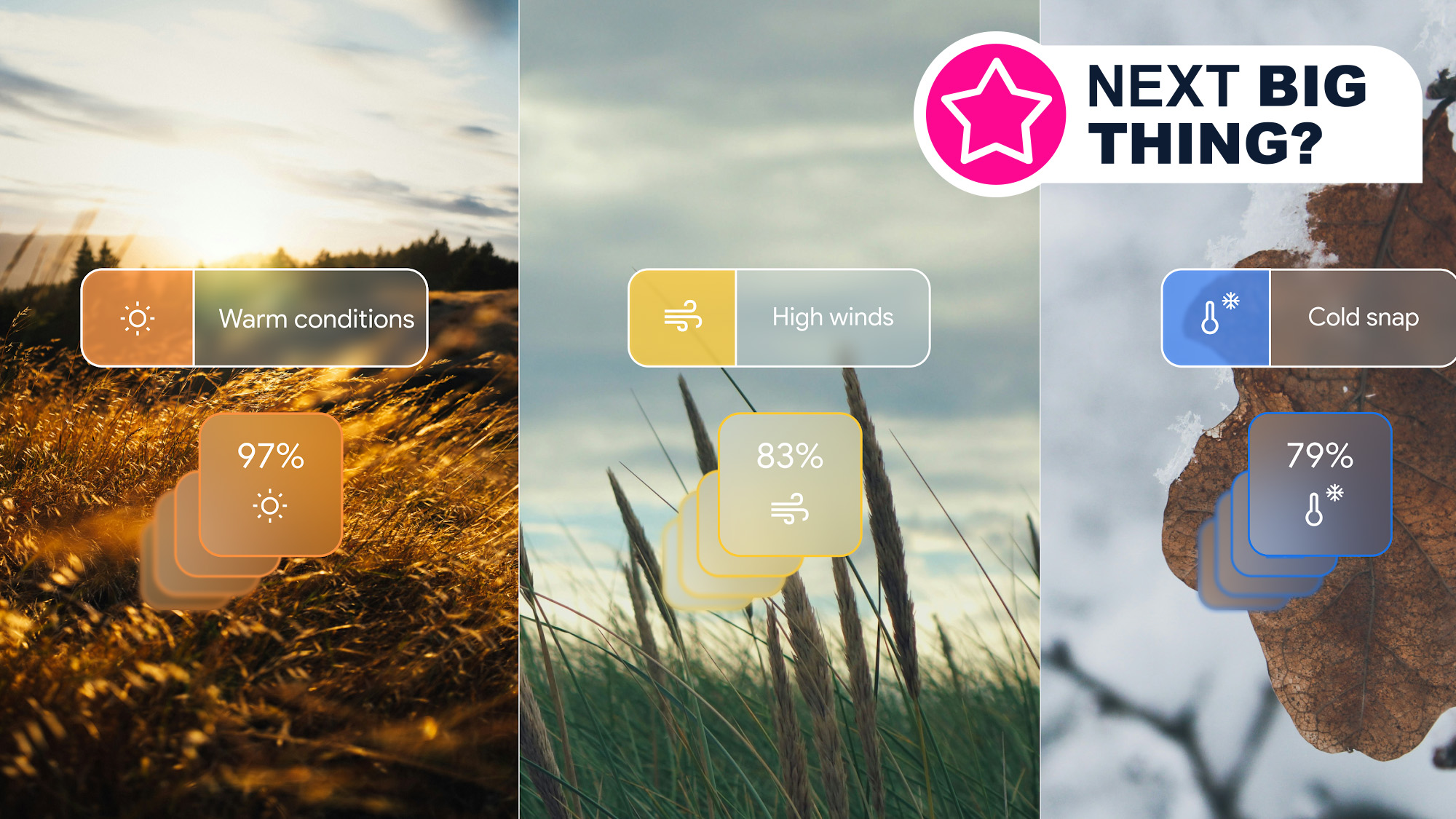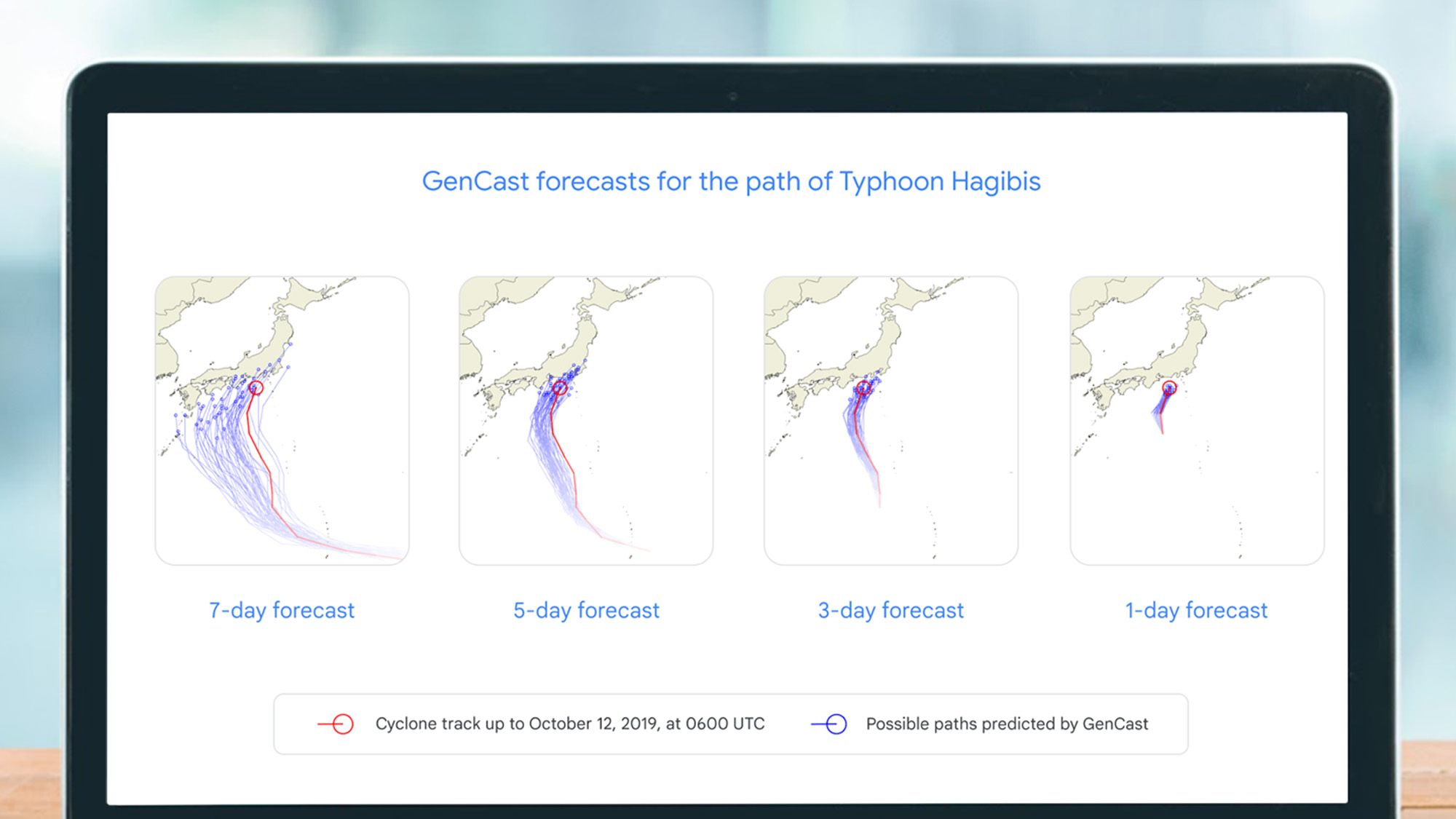When you purchase through links on our site, we may earn an affiliate commission.Heres how it works.
In simple terms, GenCast is an AI model that’s similar toChatGPT.
The difference with GenCast is that its been specifically adapted to the Earths geometry.

Fed with recent weather data, its able to generate future weather scenarios and suggest the most probable outcome.
The team at DeepMind trained GenCast on archival weather data collected between 1979 and 2018.
This included temperature, wind speed and air pressure readings from around the globe.

Based on this, the model was able to learn global weather patterns.
The model was asked to generate a forecast for 2019, with 1,320 combinations of variables and lead times.
GenCast was more accurate than ENS 97.2% of the time.
For forecasts more than 36 hours in advance, that increased to 99.8%.
That accuracy also applied to the prediction of extreme weather events, such as tropical cyclones.
Traditional ensemble forecasts take several hours to complete, running on supercomputers with thousands of processors.
No meteorologist replacement
Traditional ensemble forecasts project weather patterns based on complex physics-based calculations using gathered data.
GenCast wont put meteorologists out of work.
Human experts will still be required to make an assessment of the most likely scenario.
GenCast also isnt the first use of deep learning to achieve more precise weather forecasts.
DeepMind sees applications for GenCast beyond standard forecasting.
Google also sees a future where wind-power forecasting could influence renewable energy planning.